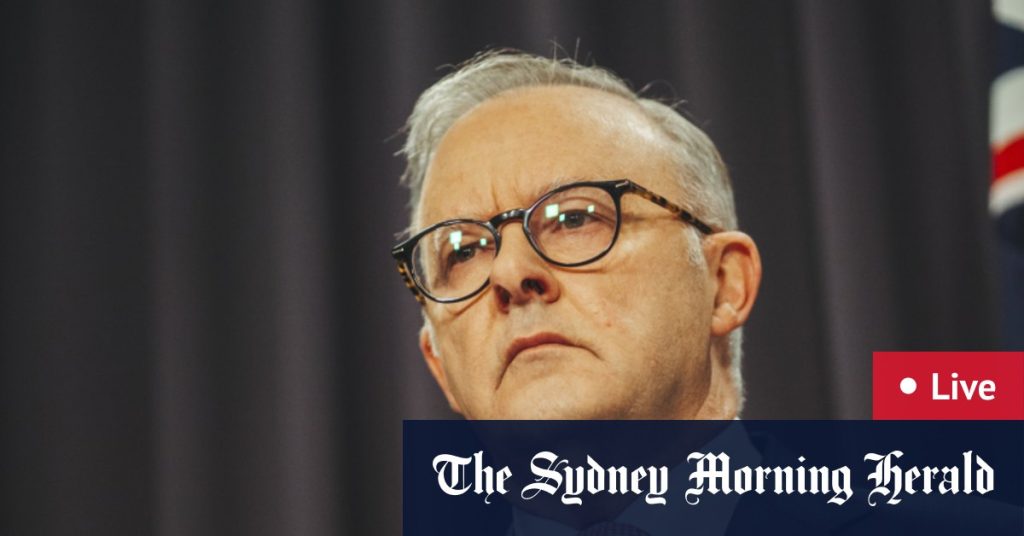Treasurer Jim Chalmers is set to attend meetings with international economic figures in Washington, DC, but is also focused on domestic matters, particularly defending the government’s proposed “future made in Australia” initiative. This ambitious scheme, introduced by the Albanese government, aims to jumpstart the manufacturing of low-emissions technologies like solar panels and batteries, as well as enhance the processing of critical minerals. In response to criticisms of the program, Chalmers has penned an opinion piece in The Australian, emphasizing that public investment will play a role but private investment will be the primary driver.
Chalmers has reassured the public that the “future made in Australia” initiative will not be a free-for-all of taxpayer funds. He stresses that while the government will make significant new public investments, the main objective is to incentivize the private sector to take the lead. Chalmers asserts that any government intervention will only make up a small portion of the necessary funding, with private investment being the predominant source of financing. Despite concerns raised by experts like the Productivity Commission and economist Saul Eslake, who have criticized the plan for potentially wasting taxpayer money and propping up uncompetitive businesses, Chalmers remains confident in the potential success of the initiative.
The upcoming federal budget, scheduled for May 14, will include details of the government’s financial commitments to the “future made in Australia” scheme. Chalmers is set to outline the scope of public investment in the initiative during his appearance on RN Breakfast, where he will address the latest developments and provide insights into the government’s plans. It is evident that the government is keen on fostering a symbiotic relationship between public and private investment in the manufacturing sector to spur economic growth and promote technological advancement in Australia.
Critics of the government’s plan have expressed concerns about the potential negative impacts of redirecting resources from other sectors to manufacturing through taxes and subsidies. Eslake, in particular, has warned that such actions could ultimately diminish national wealth rather than enhance it. However, Chalmers remains steadfast in his belief that the government’s intervention is necessary to drive innovation and competitiveness in Australia’s manufacturing industry, especially in the burgeoning field of low-emissions technologies. The treasurer’s commitment to striking a balance between public and private investment reflects the government’s broader strategy of creating a conducive environment for economic development and job creation.
As Treasurer Jim Chalmers engages with international economic figures in Washington, DC, and responds to domestic challenges, it is clear that the government’s focus on the “future made in Australia” initiative signals a significant shift towards supporting innovative industries and fostering economic resilience. While criticisms from experts and commentators continue to highlight potential risks and concerns, Chalmers remains resolute in his defense of the government’s strategy. As the details of the May budget are unveiled and discussions around public and private investments in manufacturing intensify, the future trajectory of the Australian economy will likely be shaped by the outcomes of these deliberations.


